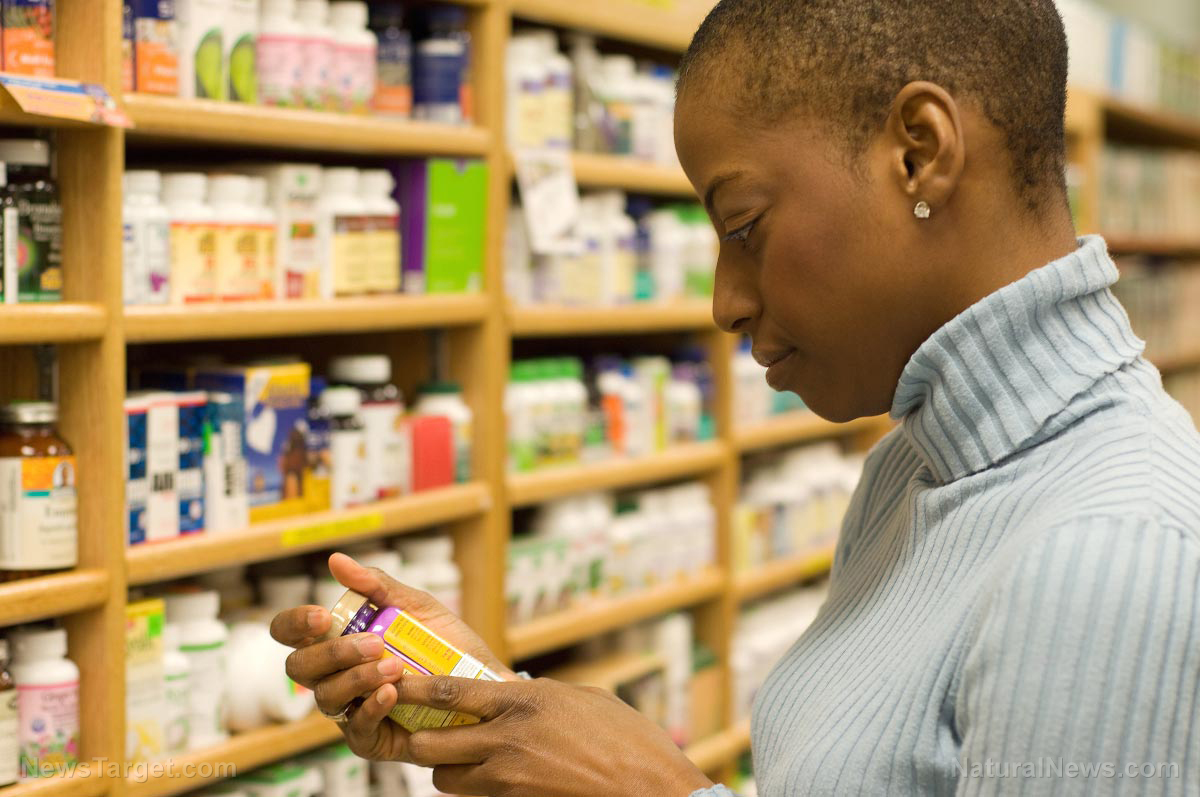
The supposed coronavirus treatment was developed by researchers at the Venezuelan Institute for Scientific Research (IVIC), who have been working on a cure for COVID-19 since May.
"Tremendous news!" said Maduro in a tweet. "We certify the [TR-10] molecule as a highly effective antiviral in the fight against COVID-19. We have started the certification process with the [World Health Organization] to offer this treatment to the world. I thank the IVIC team for this great contribution to humanity." (Related: Venezuela enacts strict price controls amid coronavirus pandemic, basic goods now priced higher than minimum wages.)
The medicine is based on a molecule known as TR-10. The IVIC scientists pitted it against the coronavirus and found that it could effectively kill the pathogen. Maduro claims that the study that announced TR-10's effectiveness has already been reviewed by medical experts and other scientists.
According to Gabriela Jimenez, head of the Venezuelan Ministry of Science, Technology and Innovation, the TR-10 molecule is an ursolic acid derivative that can inhibit the ability of the COVID-19 virus to replicate. The study was conducted on cells isolated from Venezuelans who have tested positive for the coronavirus.
It is unclear whether Venezuelan scientists have conducted tests on humans. These kinds of treatments are supposed to go through several rounds of testing in people over the course of several years before they can be certified as effective.
Furthermore, the doses that are usually used in studies often prove to be intolerable for humans. So, while lab results may say the treatment is effective against COVID-19, it may not necessarily be safe for people to take.
Despite criticisms, the IVIC has stressed that their studies concluded that TR-10 will not have any side effects and that it "does not affect healthy molecules in the body."
Maduro said that he is willing to share the TR-10 treatment with the rest of the world through "international alliances," in exchange for aiding Venezuela in the production of the drug. A representative for the Pan American Health Organization – a regional department within the WHO – said that nobody in Venezuela has shared any information regarding the drug.
Venezuela still purchasing vaccines from Russia
Despite the supposed effectiveness of its coronavirus treatment, Venezuela is still looking to Russia to supply the socialist regime with enough coronavirus vaccines to inoculate the entire population.
Venezuela first received a batch of the Russian vaccine, Sputnik V, back in October as part of the vaccine's final post-registration trial that involved tens of thousands of people from around the world. The doses Venezuela received were enough to supposedly inoculate 2,000 people.
Now, the country has signed a deal with Russia. In the first phase of the contract, the Russian government will provide enough doses of Sputnik V to inoculate 10 million people.
"This is a safe vaccine, it is a step forward," said Vice President Delcy Rodriguez on Dec. 29, the day the deal was signed. She was accompanied by the Russian ambassador to Venezuela, Sergei Melik-Bagdasarov.
The move comes as many countries across Central and South America begin purchasing vaccines for their citizens. Some countries, like Argentina, have already started distribution. The government in Buenos Aires announced that the country has already received and begun distributing 300,000 doses of Sputnik V. The country has a deal with Russia to purchase at least 20 million doses over the next few months.
Russia first registered their coronavirus vaccine back in August. However, criticisms of the medication have emerged since it was approved well before the beginning of late-stage efficacy trials. Despite this, the Russian government claims that Sputnik V is over 95 percent effective, which would put it on par with the vaccine made by American and German pharmaceutical companies Pfizer and BioNTech.
As of press time, Venezuela had reported 117,881 cases of COVID-19, including 1,084 deaths.
Learn more about how nations around the world are trying to deal with the coronavirus pandemic at Pandemic.news.
Sources include:
Please contact us for more information.























